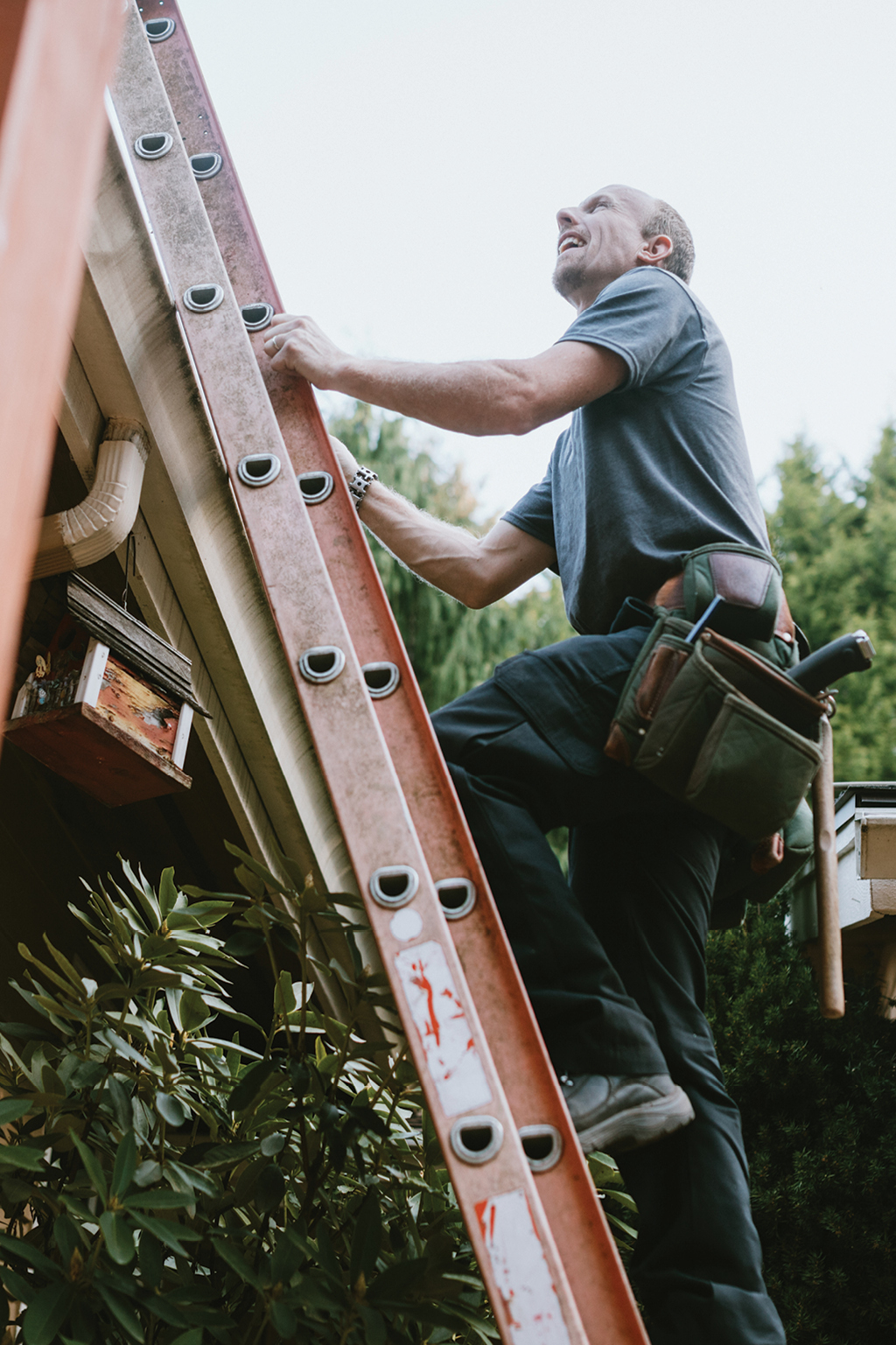7 Tips for Hiring a Professional Home Contractor
As a homeowner, you’re likely to have a lot on your to-do list. It could be any number of projects, ranging from adding a new coat of paint to refinishing floors to replacing the carpet to even doing a major renovation. No matter the project, doing your due diligence when hiring a contractor is well worth your time and effort.

If you have just moved from another area and are not sure who to call, conduct a thorough online search. Websites such as Angi, HomeAdvisor (now owned by Angi), Thumbtack, Houzz, and Consumer’s Checkbook can all provide great recommendations.
There are also several items to consider before signing on the dotted line.

- License and insurance: Check the contractor’s license and insurance, and verify that these items are valid and up to date. This also goes for subcontractors working on the job.
- Recommendations/testimonials: Don’t be shy! Ask for at least two recommendations from previous clients, and read testimonials about the contractor’s work cleanliness, quality, and timeliness posted on sites such as Yelp and HomeAdvisor. You can also go to the Better Business Bureau’s website to read complaints and search the internet for any lawsuits filed against the contractor.
- Proof of work: When meeting the contractor, request to see a portfolio of their completed jobs.
- Warranties: Does the contractor offer warranties? If so, read the terms and make sure you get everything in writing.
- Permits: If permits are required (usually for electrical, plumbing, additions, or other structural changes), the contractor should obtain permits from the local government. When the work is completed, the permit should be closed out. Note that when you sell your home, proof of permits will be required. You may have to pay a hefty fine if this has not been done.
- Estimates: All estimates should be in writing and include the cost of materials and labor, an estimated date of completion, and a detailed list of jobs being performed.
- Deposits/payments: It’s customary to pay an initial deposit—10 percent for smaller jobs and up to 50 percent for larger projects. Only make the final payment when you have inspected and approved all aspects of the job.
Choosing a trusted professional home contractor can be a daunting task, but doing your homework can help avoid major headaches later on. Also be sure to rely on referrals from others, such as your real estate agent or online customer reviews.









